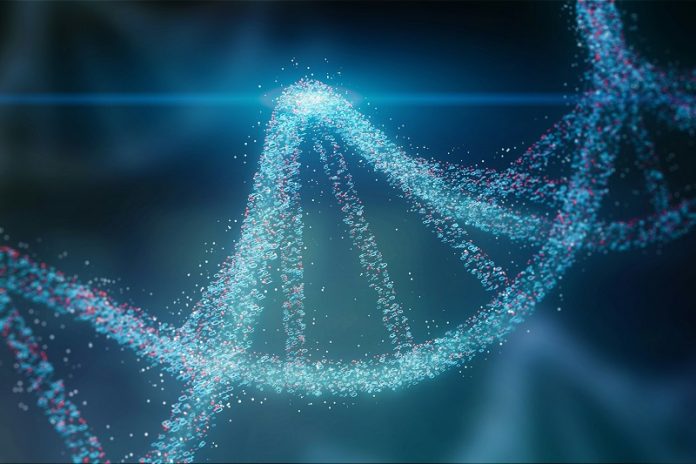
Scientists have always thought evolution was a bit like throwing dice – completely random and unpredictable. But a new study is changing that idea.
It shows that evolution might not be as random as we believed, and this could help us solve big problems like fighting diseases and tackling climate change.
This exciting research was done by a team from the University of Nottingham and Nottingham Trent University.
It was led by Professor James McInerney and Dr. Alan Beavan from the University of Nottingham, and Dr. Maria Rosa Domingo-Sananes from Nottingham Trent University.
Their findings were published in a famous science journal, the Proceedings of the National Academy of Sciences (PNAS).
Basically, the team looked at a whole bunch of genes from a single type of bacteria – over 2,500 complete sets of genes, to be exact.
They used a special kind of computer program called Random Forest and spent hundreds of thousands of hours analyzing the data. What they found was pretty surprising.
Instead of genes changing randomly, they noticed patterns. Some genes seemed to always show up together, while others never did. It was like the genes had their own hidden world where they either worked together or stayed away from each other.
Professor McInerney, the lead researcher, said this discovery is “revolutionary.” It opens up many new possibilities in science and medicine. For example, we could start designing new genes or even whole genomes (a genome is all the genes in an organism).
We might also be able to find new ways to fight antibiotic resistance, which is a big problem in medicine.
Antibiotic resistance happens when bacteria change and become immune to the drugs we use to kill them. By understanding how genes depend on each other, we can target not just the main gene causing the resistance but also the other genes that help it survive.
The study’s findings are not just exciting for scientists; they could have real-world impacts:
- Creating New Genes: Scientists could design new genes on purpose, which could lead to new medicines or vaccines.
- Fighting Antibiotic Resistance: By understanding how genes work together, we can better target harmful bacteria.
- Helping the Environment: The research could help create special microorganisms that can capture carbon or break down pollutants, aiding in the fight against climate change.
- Improving Healthcare: Knowing more about gene interactions could lead to better personalized medicine, helping to predict and treat diseases more effectively.
This study is a big deal because it changes how we think about evolution. It’s not all random – there’s a pattern to it, and understanding this pattern could help us in many ways, from medicine to environmental protection.
It’s like we’ve just been given a new map to understand the complex world of genes, and we’re just starting to explore all the possibilities.



